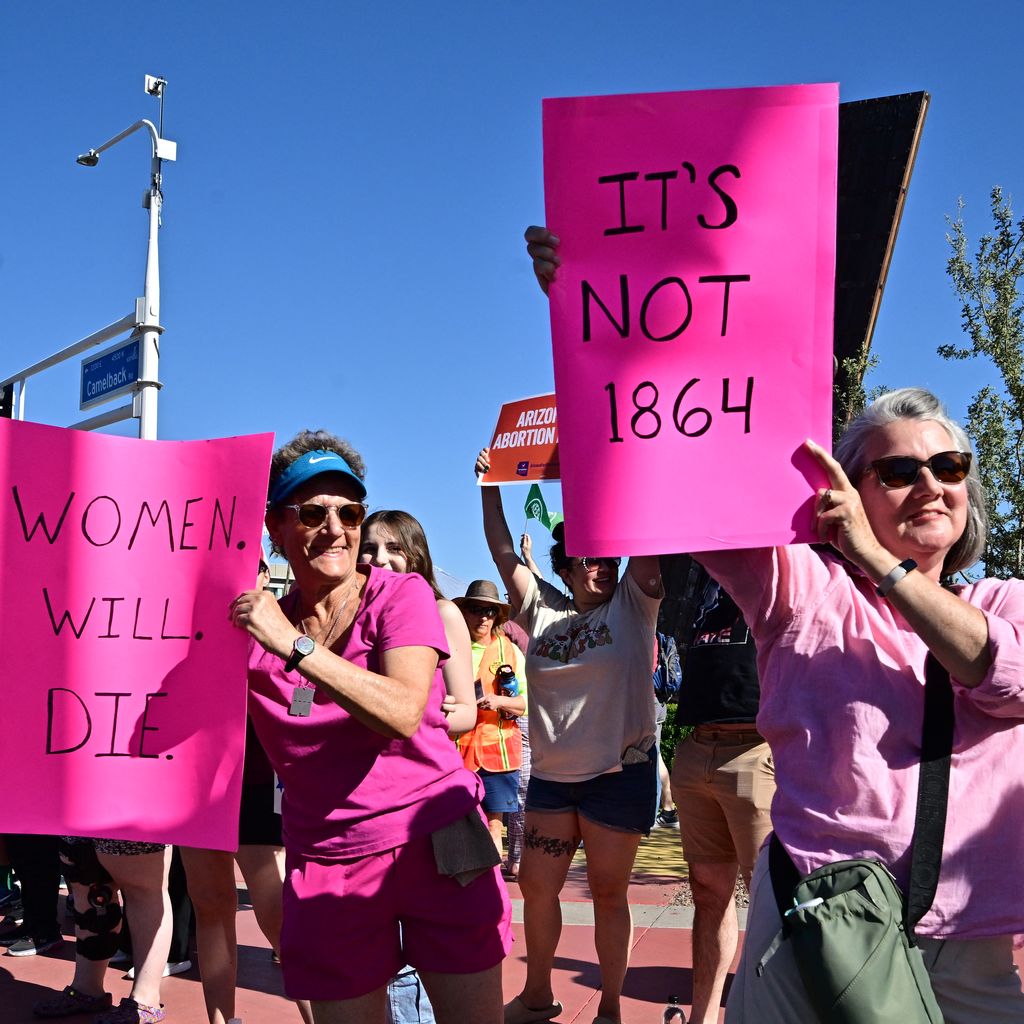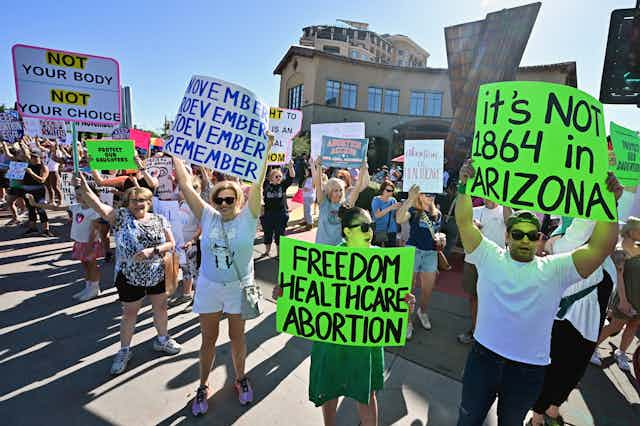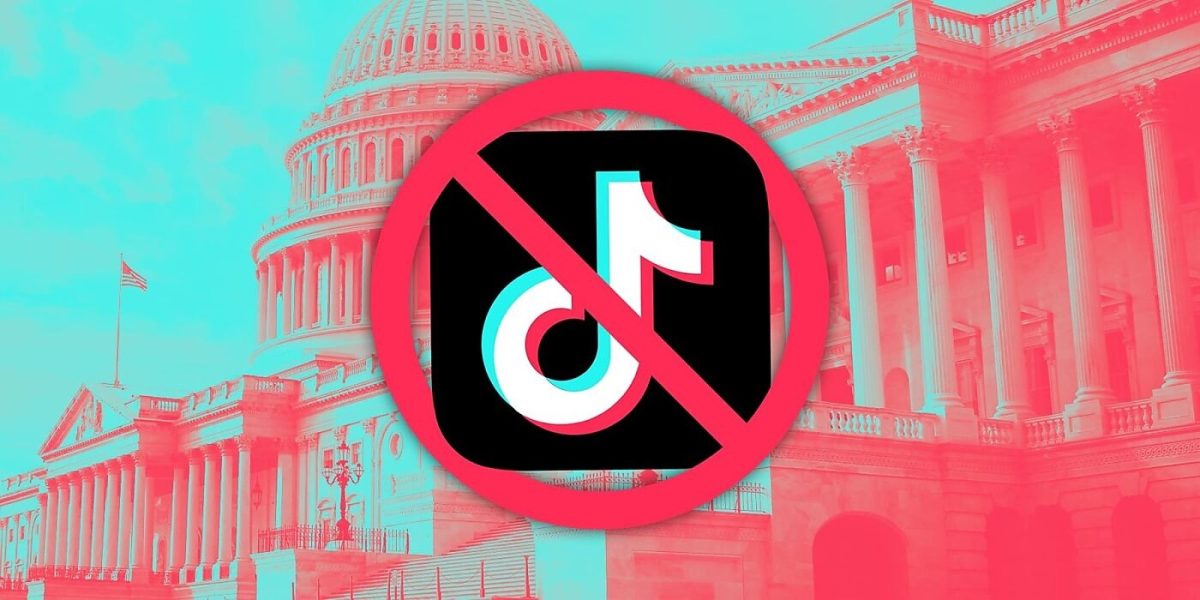
Under the 1864 Arizona law, which predates statehood, abortion is punishable by two to five years in prison, except when the mother’s life is at risk. In November, Arizona voters may be able to undo the ruling.
The Arizona Supreme Court has agreed to review a case on enforcing a pre-statehood law. This law has been the subject of dispute for years, especially after the 2022 legislation that allowed abortions up to 15 weeks of pregnancy. This decision follows a legal battle over the law’s validity. The Arizona state supreme court overturned the decision to overturn the 1864 abortion law, stating it was enforceable due to a lack of federal or state protections. The ruling, supported by anti-abortion activists, aims to protect the lives of unborn children. The Supreme Court delayed this law enforcement for 14 days in the case currently being heard in a lower court.

Last year, Democratic Governor Katie Hobbs tasked State Attorney General Kris Mayes with enforcing Arizona’s abortion law, promising that Arizonans would not face prosecution for obtaining or performing an abortion. Arizona Republicans, including gubernatorial candidate Kari Lake, have expressed concerns about recent rulings on abortion. Lake, a previous supporter of the 1864 law, advocated for a ‘common sense solution’ and described the current situation as a ‘step back in time’ for Arizona women and their families. Others, including the owner of Phoenix abortion clinic, argued that the move would disproportionately affect marginalized relations.
Abortion access, a widely supported issue in the US, has helped Democrats overperform in local and state elections since the US Supreme Court overturned a landmark legal decision protesting productive rights. The issue is expanded to influence election results again in November, with Democrats hoping it will boost them in battleground states like Arizona. The ruling will raise the stakes for a state ballot into an initiative aiming to protect abortion rights up until 24 weeks of pregnancy. Activists in Arizona have met the signature threshold required to put the question to voters this autumn. In the past two years, activists supporting widening abortion access have won all seven ballot initiatives related to the issue, even in Republican-controlled states.

Florida’s Supreme Court approved the abortion ballot, allowing voters to overturn a six-week ban and establish broad abortion access in the state’s constitution. Abortion rights advocates have secured enough signatures to propose a constitutional amendment in November, extending the right to abortion until viability, when a fetus can survive outside the womb. Later, abortions would be permitted for life-saving or health-protecting reasons. The ACLU of Arizona is dedicated to advocating for reproductive healthcare, including abortion rights, through collaboration with affected communities, partners, and allies. They will continue to fight in courts, state houses, congress, and The Ballot Box to ensure safe, affordable, and reliable care without stigma. This ruling in Arizona, if implemented, could have significant implications for the state citizens and contradict the belief that everyone should have the freedom to make their own healthcare decisions, including family planning.













